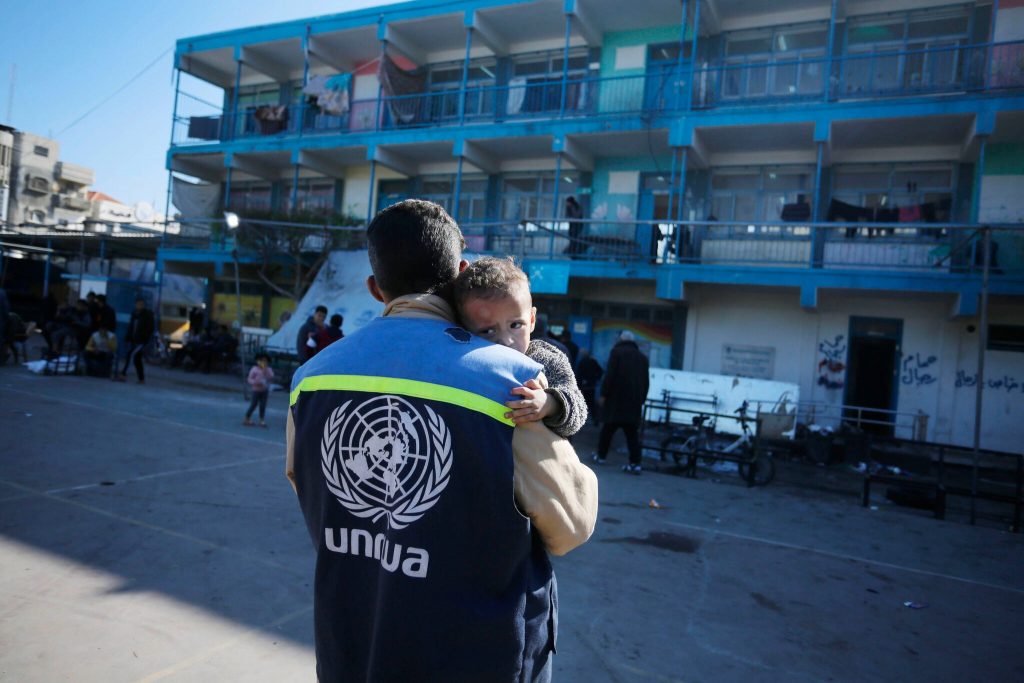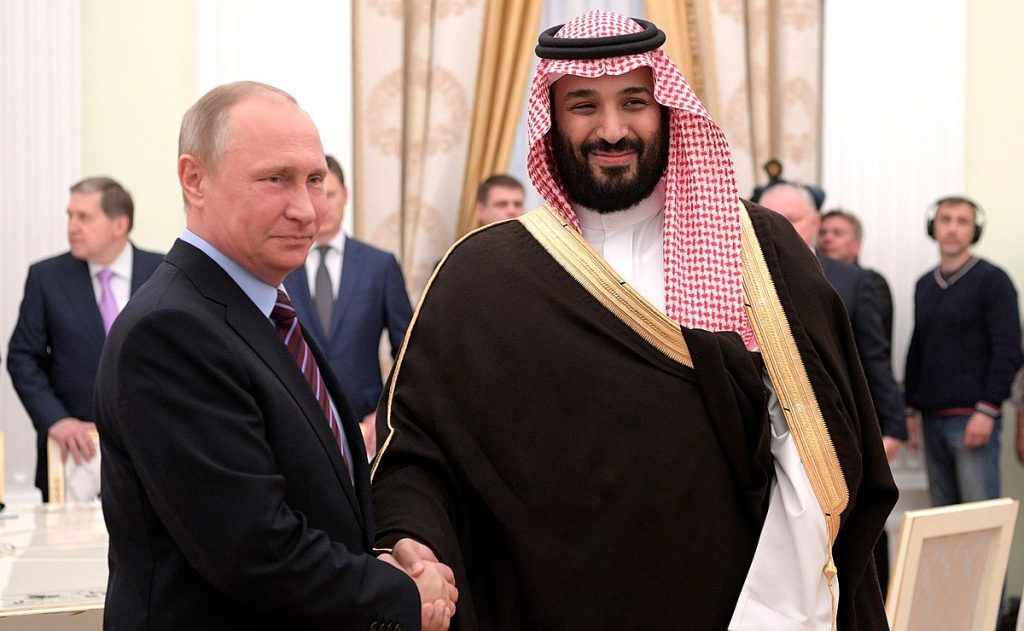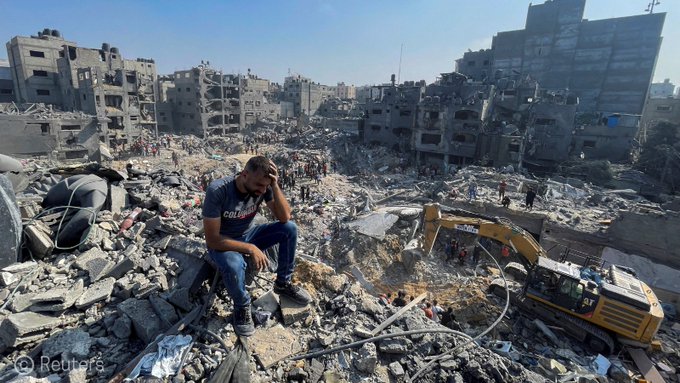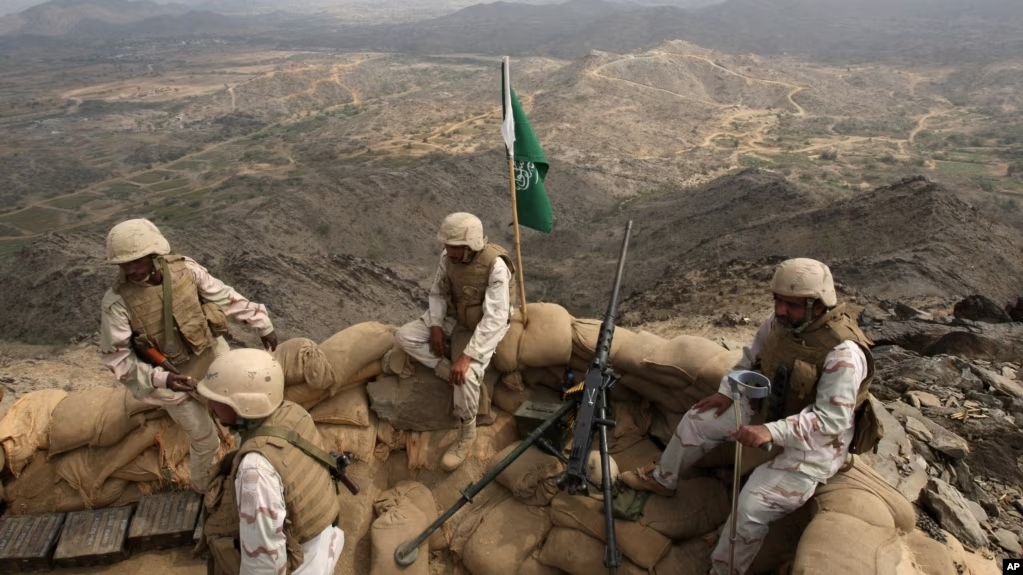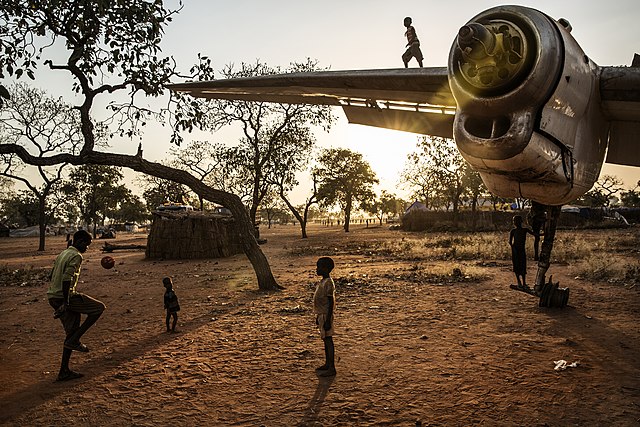A new bill “closes a glaring loophole opened up by the Supreme’s Court disastrous Citizens United decision which allows U.S. companies primarily owned by foreign entities to funnel money into our elections,” said Rep. Jamie Raskin.
By Edward Carver. Published 7-11-2024 by Common Dreams

Democratic lawmakers on Thursday introduced bills to the U.S. Senate and House seeking to ban corporations that are at least 5% foreign-owned from federal elections spending, drawing praise from advocacy groups.
Sen. Sheldon Whitehouse (D-R.I.) introduced the Get Foreign Money Out of U.S. Elections Act to the Senate and Rep. Jamie Raskin (D-Md.) reintroduced the same bill to the House, with each version gaining co-sponsorship by progressive lawmakers such as Sen. Bernie Sanders (I-Vt.) and Rep. Alexandria Ocasio-Cortez (D-N.Y.).
Continue reading



